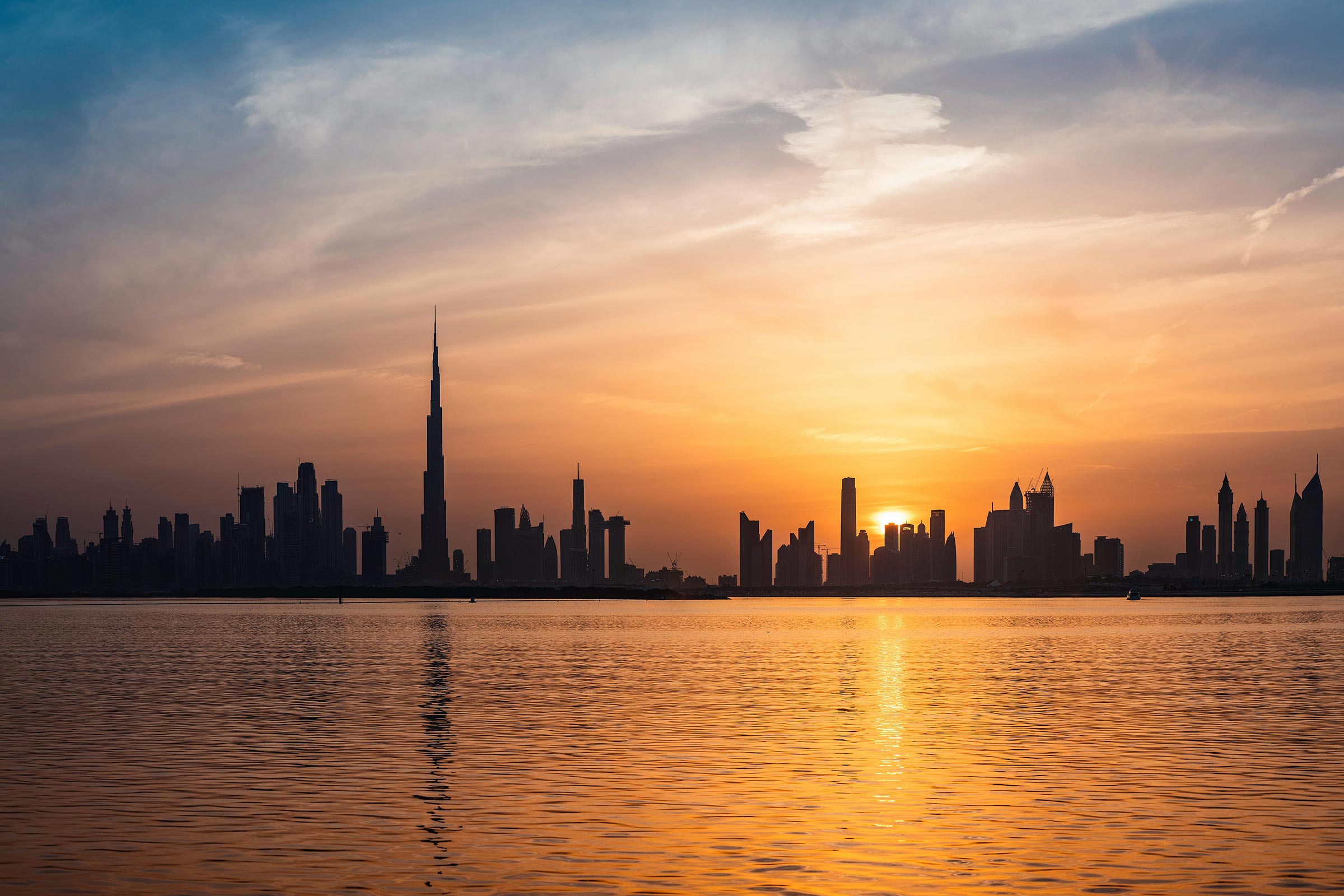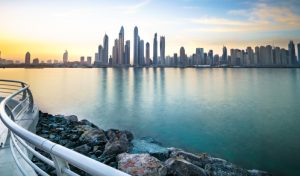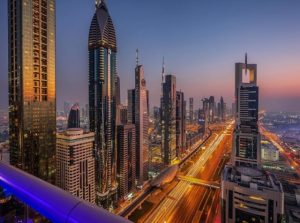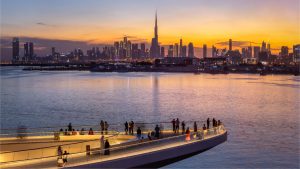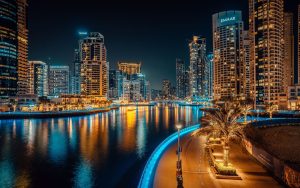الصورة الأكبر
تظهر دبي بجانب لندنوسنغافورة ونيويورك عندما يُذكر مصطلح “المراكز العقارية العالمية”. لكن الفرق أنوتيرة دبي أسرع. الأسعار تواصل الارتفاع، المشروعات الجديدة تُباع بسرعة،والمشترون الدوليون يأتون بعزم واضح.
الأمر ليس عاملاًواحداً، بل مزيج من السياسات، أسلوب الحياة، والتوقيت.
جاذبية التأشيرة الذهبية
أحد أبرز المحركات هوالتأشيرة الذهبية. فلطالما بحث المستثمرون عن الاستقرار والشعور بالانتماء لدبي،واليوم بات ذلك ممكناً:
- شراء عقار بقيمة 2 مليون درهم أو أكثر يضمن إقامة لمدة 10 سنوات.
- إمكانية كفالة أفراد الأسرة.
- دون إلزام بالإقامة الدائمة، ما يجعلها خياراً مثالياً للمستثمرين الذين يتنقلون بين دول.
بيئة ضريبية تنافسية
لنكن صريحين: غيابضريبة الدخل لا يزال من أقوى نقاط جذب دبي. ومع ارتفاع الضرائب في أوروبا وتشديدالأنظمة في آسيا، تبدو بساطة دبي مريحة ومغرية حتى للمستثمرين متوسطي الحجم.
ميزة العملة
ارتباط الدرهمبالدولار عمل لصالح دبي. فبينما يتأثر المشترون من دول عملاتها أضعف، يرىالمستثمرون بالدولار واليورو والجنيه الإسترليني أن دبي ما زالت تقدم قيمة أفضل منشراء عقار مماثل في بلدانهم.
أسلوب الحياة
بعيداً عن الأرقام،أسلوب الحياة هو ما يحسم القرار:
- شمس طوال العام.
- مدارس ورعاية صحية عالية الجودة.
- شواطئ ومطاعم وتجارب فاخرة.
- واحدة من أكثر المدن أماناً عالمياً.
الاستقرار في عالم مضطرب
في ظل الاضطراباتالسياسية والاقتصادية عالمياً، تقدم دبي مزيجاً نادراً من الأمان وإمكانية العيشبسلام، ما يجعلها ملاذاً جذاباً.
ثقة المطورين
المطورون يوجّهونمشروعاتهم للمستثمر الدولي: مساكن بعلامات تجارية عالمية، مجتمعات متكاملة تضممدارس دولية، ومشروعات ضخمة ترتبط بالضيافة الفاخرة.
الأرقام تثبت ذلك
- أكثر من 40% من معاملات العقار منتصف 2025 تخص مشترين أجانب.
- الروس، الهنود، البريطانيون، والأوروبيون في الصدارة، مع تزايد حصص من أفريقيا وشرق آسيا.
- الصفقات الفاخرة فوق 10 ملايين درهم تحقق مستويات قياسية.
ملاحظات مهمة
التحديات موجودة:رسوم خدمات مرتفعة، مشروعات لا ترقى للتسويق، وفروقات في القدرة الشرائية حسبالعملات. لكن الكفة ما زالت تميل لصالح دبي مقارنة بالأسواق العالمية الأخرى.
الجانب الإنساني
قصص مشترين تكشف الكثير:
- عائلة ألمانية تبحث عن قاعدة آمنة خارج أوروبا.
- رائد أعمال آسيوي اختار دبي لأنها نقطة وصل بين أعماله.
- زوجان أوروبيان باعا شقة صغيرة في باريس واشتروا منزلاً أوسع في JVC مع أسلوب حياة أفضل.
الكلمة الأخيرة
دبي في 2025 ليستمجرد خيار آخر على خريطة العقارات العالمية، بل الخيار الأكثر تكاملاً. الضرائبالمنخفضة، التأشيرات طويلة الأمد، البنية التحتية الحديثة، ونمط الحياة الفاخروالآمن تجعلها وجهة يصعب منافستها.
